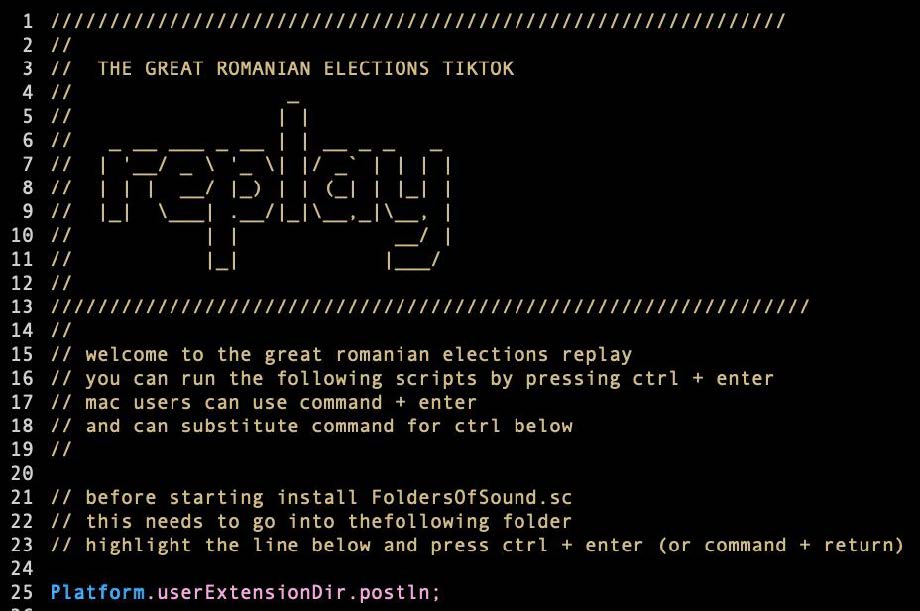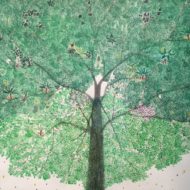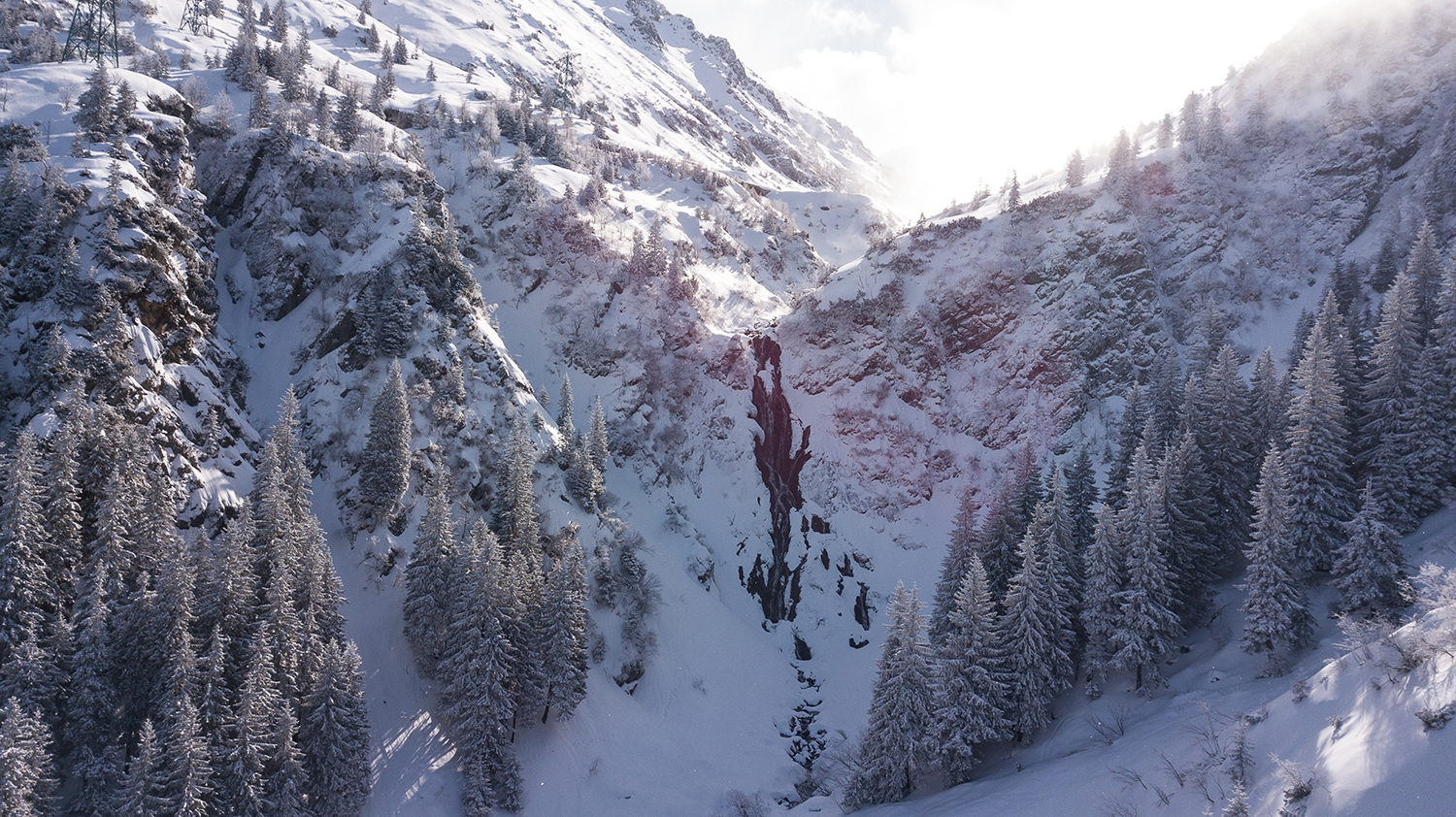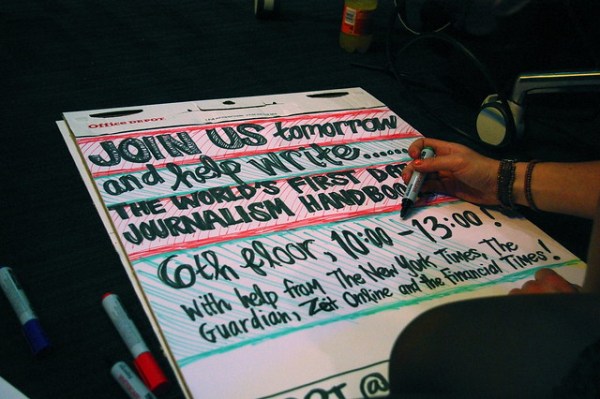I’ll be part of a new 20 million Euro research project on forest restoration and adaptation, led by the European Forest Institute and funded under the European Union’s H2020 programme.
Imagine you were a bird flying over Europe. You would see cities and villages, rivers, agricultural landscape, and forests covering almost one-third of Europe. You will distinguish many different types of trees: dark green or more reddish, straight, and tall, wide and crooked or small and slender, with many different shapes of leaves or needles. While flying over Europe, you would also encounter damaged forest areas, burned down by the fire, or destroyed by bark beetles; and tree leaves affected by air pollution and herbivorous pests, or turning yellow and brown from a drought. These disturbances overall are becoming more frequent and severe, be it due to various short-sighted human interventions or ongoing climate change. Luckily, it is not all bad news. From the air, you would also see people working in these damaged forests, planting, or seeding new trees, or protecting the naturally regenerating forest against grazing. You would discover people preserving surviving old trees or even the deadwood, because these people have understood how valuable they are for a functioning ecosystem. If done right and with some luck, a diverse and healthy forest will again develop, which will be roamed once more by the many forest creatures.
While there is a widespread awareness of the urgency to conserve and restore biodiversity and halt climate change, in fact much more actions are needed on the ground to ensure long-term thriving of forests in Europe. A series of political commitments at the European level are already in place, including the 2019 European Green Deal, the 2020 EU Biodiversity Strategy and EU Forest Strategy 2030. Yet, in many places a transformative change is still needed on the ground.
From challenges to opportunities
This is why we are launching “Systemic solutions for upscaling of urgent ecosystem restoration for forest-related biodiversity and ecosystem services” (SUPERB). This four-year project is conducted by a consortium of 36 science and practice partners from all over Europe, and led by European Forest Institute. SUPERB is further supported by at least 90 regional to international associate project partners, all having a strong ties to the management and protection of European forest landscapes (e.g. agricultural and nature protection ministries and government agencies from over 20 European countries, landowner associations, certifiers, funders, NGOs etc.). Starting in December 2021, SUPERB aims to restore our forest landscape by creating an enabling environment for implementation of forest restoration and adaptation at different scales.
SUPERB will build on the vast but scattered practical knowledge and lessons learned of successful and non-successful forest restoration and adaptation activities and synthesise it for action. We will connect with restoration experts, including from LIFE projects and practitioners with decades of experiences with alternative management approaches. This practical knowledge will be underpinned by a compilation of highly relevant scientific knowledge including economic, governance, forest management, and climate change adaptation aspects of restoration. At the core of SUPERB, concrete restoration actions will be carried out in 12 large-scale demonstration areas, located in 13 different countries. These demo areas not only represent the diversity of stressors on European forests and the wide range of necessary restoration actions, but also, consider the whole socio-ecological system including people’s manyfold needs for ecosystem goods and services.
By taking a comprehensive and multidisciplinary approach, we will translate all practical and scientific knowledge on successful restoration into restoration-support guidelines, recommendations, and tools, that will be easily accessible on the stakeholder-targeted online Forest Ecosystem Restoration Gateway.
Further information:
The consortium of SUPERB consists of the following organizations:
Wageningen Research, Prospex Institute, Albert-Ludwigs University Freiburg, Austrian Research Centre for Forests, Bangor University, Swiss Federal Institute for Forest, Snow and Landscape, University of Copenhagen, National Research Institute for Agriculture, Food and Environment, Spanish National Institute for Agriculture and Food Research and Technology, Eidgenössische Technische Hochschule Zürich, Land Life Company, Swedish University of Agricultural Sciences, Forest Sciences Center of Catalonia, University of Kent, Croatian Forest Research Institute, Katholieke Universiteit Leuven, University of Florence, King’s College London, University of Milan, Bosgroep zuid, Czech University of Life Sciences Prague, Forest Research, University of Novi Sad, Institute of Lowland Forestry and Environment, Cesefor, University of Belgrade, University of Lancaster, Institut Européen de la Forêt Cultivée, Fundatia Conservation Carpathia, University of Molise, County Administrative Board of Västerbotten (V-J) for Vindelälven-Juhttátahkka UNESCO Biosphere Reserve, Landesbetrieb Wald und Holz NRW, Alliance Forêts Bois, Parco Nord Milano, Junta de Castilla y León, Danish Nature Agency
SUPERB is funded by Horizon 2020 through Grant Agreement 101036849, and receives 20 Million Euro for the implementation period between 2021-2025.
Photo: Demo area in Carpathian mountains, Romania (@Martin Mikoláš).













